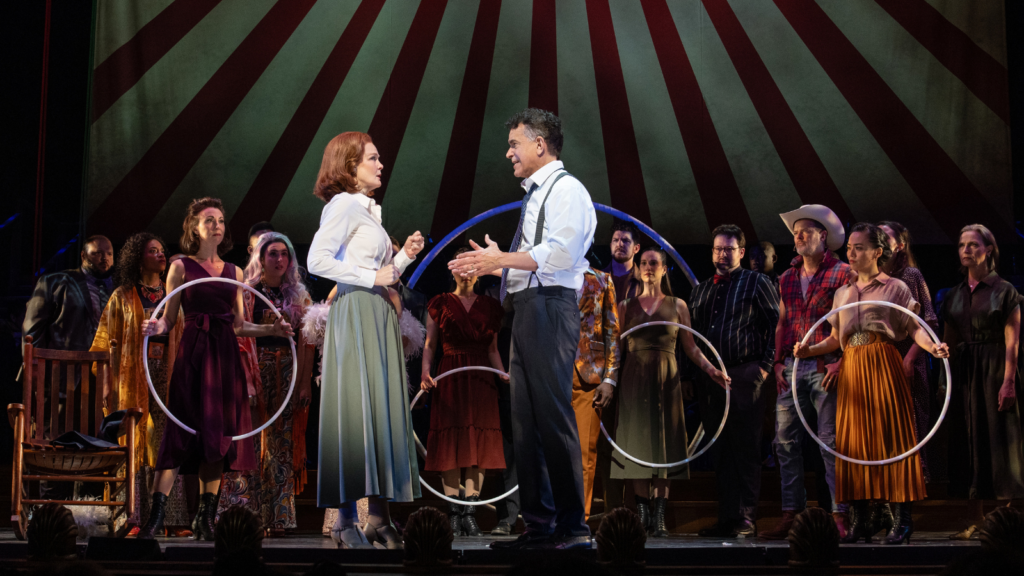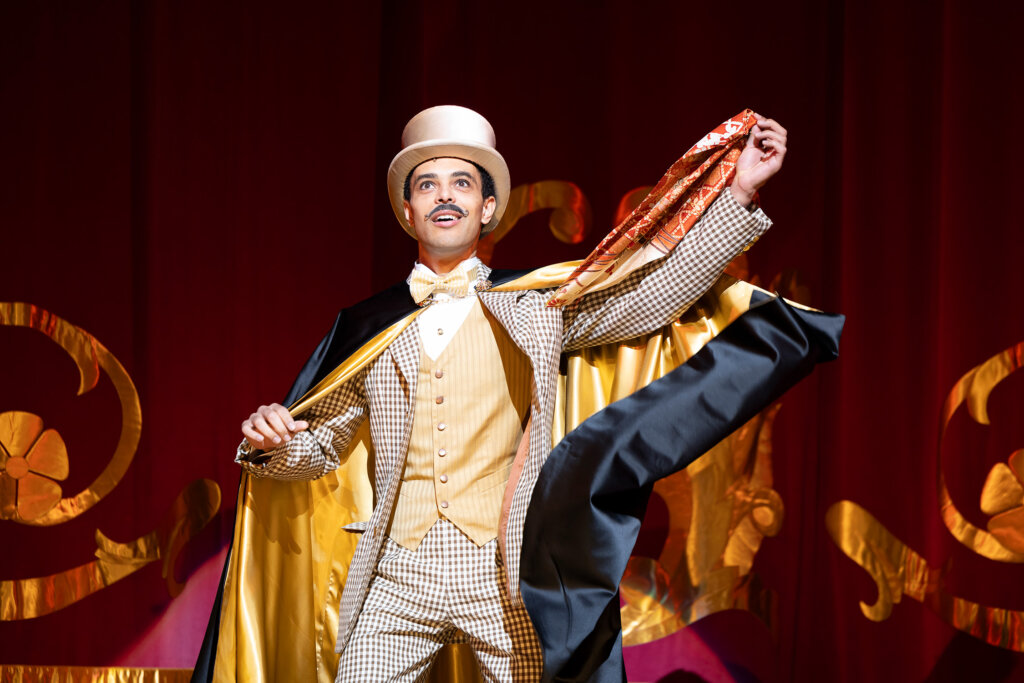
Now an institution, the Kurt Weill Fest Dessau opens for business for the 24th time on 26 February 2016 with a concert featuring Weill’s Symphony no. 1. The program introduces more than Weill; Artist-in-Residence violinist Ernst Kovacic inaugurates this year’s theme, “Weill, Krenek, und die Moderne” with a rendition of Ernst Krenek’s Violin Concerto no. 1. Many beloved artists from previous festivals will be present, including the Ensemble Modern conducted by HK Gruber, soprano Ute Gfrerer, singers Rebecca Jo Loeb and Alen Hodzovic, pianist/conductor James Holmes, et al.
The Fest will feature jazz, cabaret, and pop performances, film screenings, talks, workshops, exhibitions, and educational events. But as usual, the highlights will unfold during orchestral concerts and stage productions. Here are a few suggestions:
27 February: Weill’s first stage work, Zaubernacht, a ballet-pantomime composed at the precocious age of 22 and first presented in Berlin, will receive a new production by Tomasz Kajdanski and the Anhaltisches Theater Dessau. This story of two children in a world where toys come alive and characters emerge from books has seen several stagings since a new edition of Weill’s score, reconstructed from rediscovered instrumental parts, was published in 2008. Additional performances on 1, 2, and 13 March.
28 February: Two short operas from the 1920s, Weill’s Der Zar lässt sich photographieren and Krenek’s Der Diktator will be presented in an unusual double bill at the Anhaltisches Theater. Daniel Carlberg conducts; Doris Sofia Heinrichsen directs. Additional performance on 5 March.
28 February: Returning Dessau regulars Rebecca Jo Loeb and Alen Hodzovic, both winners of the Lotte Lenya Competition, return with pianist James Holmes to offer a program of songs by Weill, Marc Blitzstein, and Leonard Bernstein.
4 March: Weill’s most admired work, Die Dreigroschenoper, comes to Dessau in a popular concert version with the Ensemble Modern conducted by HK Gruber. (Gruber and the Ensemble Modern presented their version last summer at the Salzburg Festival.) Soloists include Ute Gfrerer as Polly, Michael Laurenz as Macheath, Winnie Böwe as Lucy, and Gruber himself as Mr. Peachum.
5 March: Gruber and the Ensemble Modern ride again in a power-packed program of Weill and Krenek, including Weill’s ever-popular Kleine Dreigroschenmusik. The second half of the program consists of Weill’s Mahagonny Songspiel, with vocalists Ute Gfrerer, Sylvia Nopper, and the male quartet amarcord. This will be the maiden voyage of the new critical edition of Mahagonny, edited by Giselher Schubert and published as part of the Kurt Weill Edition.
13 March: The final event of the Fest imports the orchestra of the Komische Oper Berlin to perform Weill, Krenek, Schubert, and Berg. Two movements from Weill’s early work, Divertimento, will lead off the program.
Features
Complete program of the Kurt Weill Fest
Learn more about Zaubernacht
Learn more about Der Zar lässt sich photographieren
Learn more about Die Dreigroschenoper
Learn more about Kleine Dreigroschenmusik
Learn more about Mahagonny Songspiel


